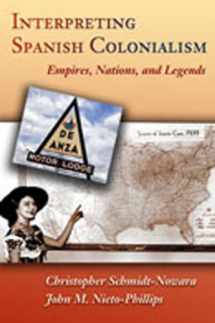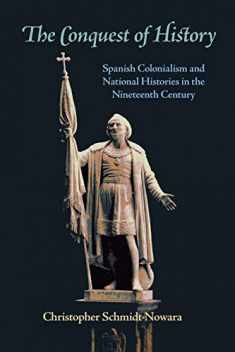
Interpreting Spanish Colonialism: Empires, Nations, and Legends
Book details
Summary
Description
Interpreting Spanish Colonialism offers a compelling examination of how historians in Spain and the Americas have come to understand and write about the Spanish colonial past and its meanings for national presents. Working from a transnational perspective, the book brings together scholars of Spain, Latin America, the Caribbean, and the United States. The eight essays situate historians' writings within the context of their day, suggesting how "history" has--perhaps more often than not--responded to present-day needs, agendas, and expectations.
This collection retraces the link between historiography and nation-building in the nineteenth and twentieth centuries. It also explores how and why Spain and its colonies came to be depicted as "backward" and "marginal" to other European and U.S. "modern" regimes. Finally, it questions the contours of contemporary discussions of colonial and postcolonial histories that have remained largely silent about the legacies of centuries of Spanish rule.


We would LOVE it if you could help us and other readers by reviewing the book
Book review




